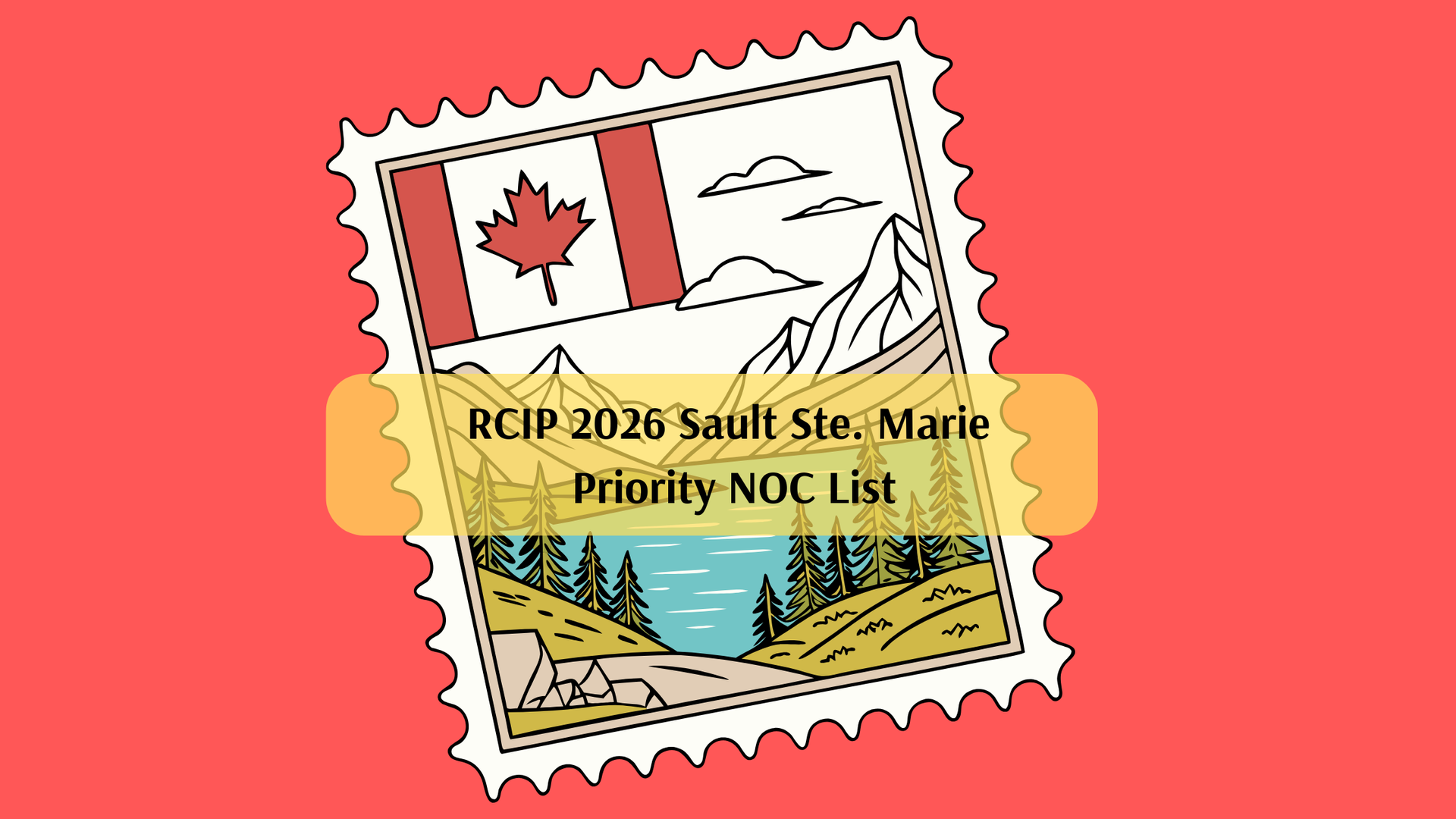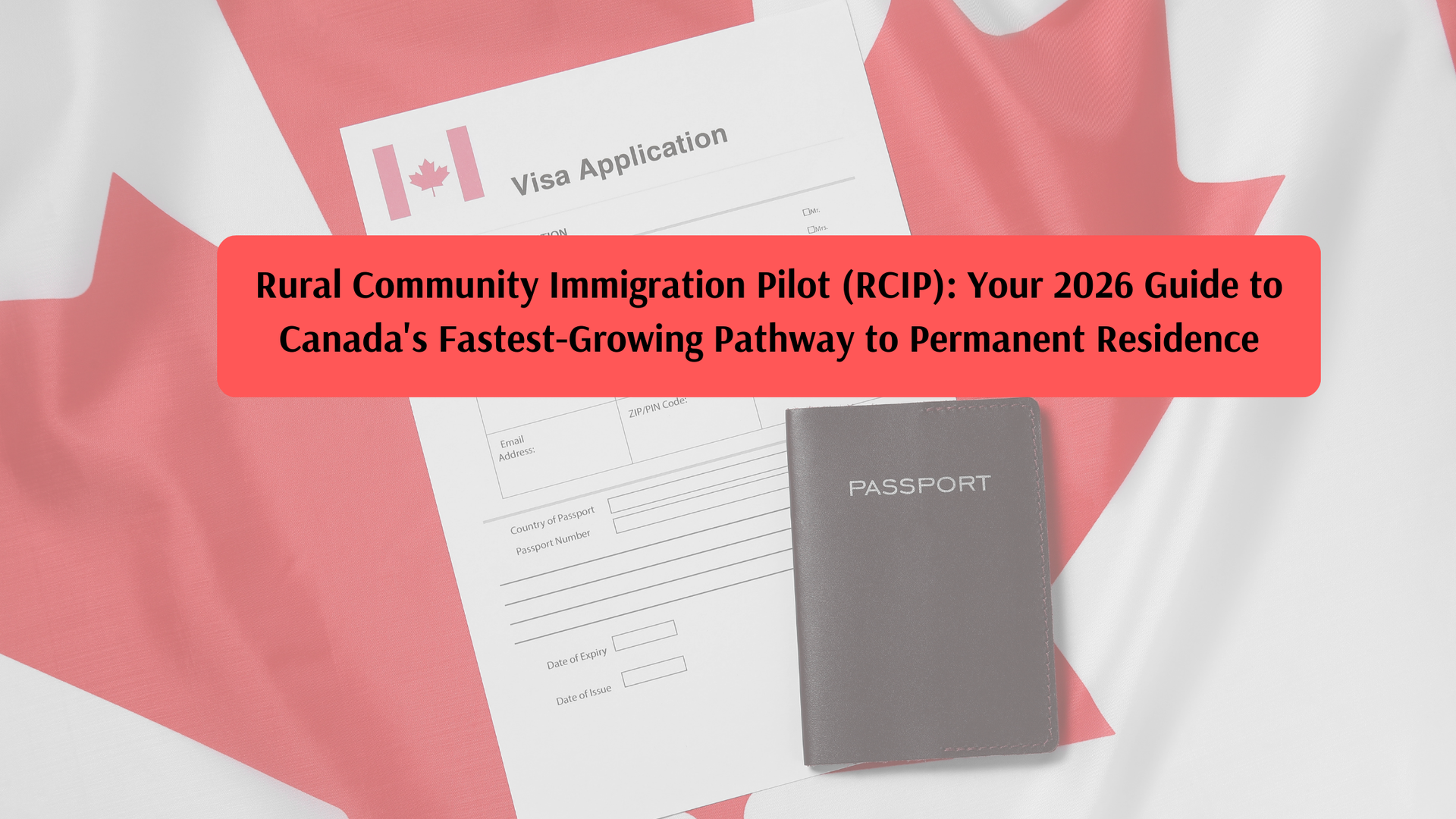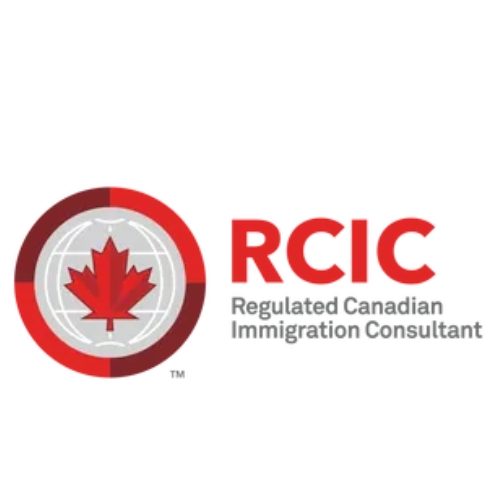The Rural Community Immigration Pilot (RCIP): A Pathway for Skilled Workers to Rural Canada.
The Rural Community Immigration Pilot (RCIP) program is a significant part of Canada’s immigration strategy to address labor shortages in rural areas while fostering long-term community growth. This program is designed to attract skilled immigrants to smaller communities, helping these areas thrive economically and socially.
Applicant Requirements
The RCIP offers a unique opportunity for skilled workers to build a life in Canada’s rural communities. However, applicants must meet specific requirements:
- Work Experience: Applicants must have at least one year of full-time, relevant work experience within the last three years. The experience must align with the job they are applying for, ensuring that applicants can contribute to the local workforce immediately. Students of a 2yr program of study may be exempted from the work experience requirement.
- Language Proficiency: Language proficiency is vital for effective communication in the workplace and community. Applicants must meet language benchmarks set by the National Occupational Classification (NOC) based on the job’s TEER (Training, Education, Experience, and Responsibilities) category.
- Education: A secondary school diploma or higher is required. Applicants with foreign credentials must provide an equivalency assessment to confirm their educational qualifications.
- Temporary Resident Status: Those applying from within Canada must hold valid temporary resident status.
- Financial Resources: Applicants need to prove they have enough funds to support themselves and their families upon arrival in Canada, ensuring they can settle without immediate financial strain.
Employer Requirements
Employers in participating RCIP communities also have essential responsibilities to ensure the program's success:
- Location: Employers must be based in one of the RCIP's participating rural communities, which are selected to address local labor market needs.
- Labor Shortages: Employers must demonstrate that there are labor shortages in specific occupations they cannot fill locally, ensuring that immigrants will fill critical gaps.
- Job Offer: A formal, full-time, non-seasonal job offer is necessary. This job must pay at least the local median wage, ensuring fair compensation for the work performed.
- Community Endorsement: Employers must secure a community endorsement, which is a vital step in the process. This endorsement ensures that the applicant will integrate successfully into the community.
Community Requirements
Each participating community plays a crucial role in the RCIP. Communities must:
- Labor Market Needs: Each community must identify its labor market needs, aligning occupations with the demand for specific skills and roles in the local economy.
- Community Endorsement: Communities assess and endorse applicants based on their ability to meet local needs and contribute to community development. This endorsement is essential for the application process.
Why the RCIP Matters
Canada’s rural communities are facing increasing challenges in attracting skilled workers to address labor shortages in various industries, including agriculture, healthcare, and technology. The RCIP provides a strategic solution to this problem by encouraging skilled immigrants to settle in these regions, fostering not only economic growth but also vibrant and diverse communities.
Through this program, Canada aims to diversify its immigration pathways, offering an alternative to major urban centers and encouraging immigrants to explore opportunities in smaller, rural areas. By addressing labor shortages and enhancing the social and economic fabric of these communities, the RCIP stands as a win-win for both the immigrants and the local populations.
In 2025, Canada aims to welcome 10,920 immigrants through various pilot programs, including the RCIP, which will be instrumental in shaping the future of rural Canada.
For more detailed information on the RCIP and how to apply, both applicants and employers are encouraged to consult official sources such as the Immigration, Refugees, and Citizenship Canada (IRCC) website and the websites of participating communities.








